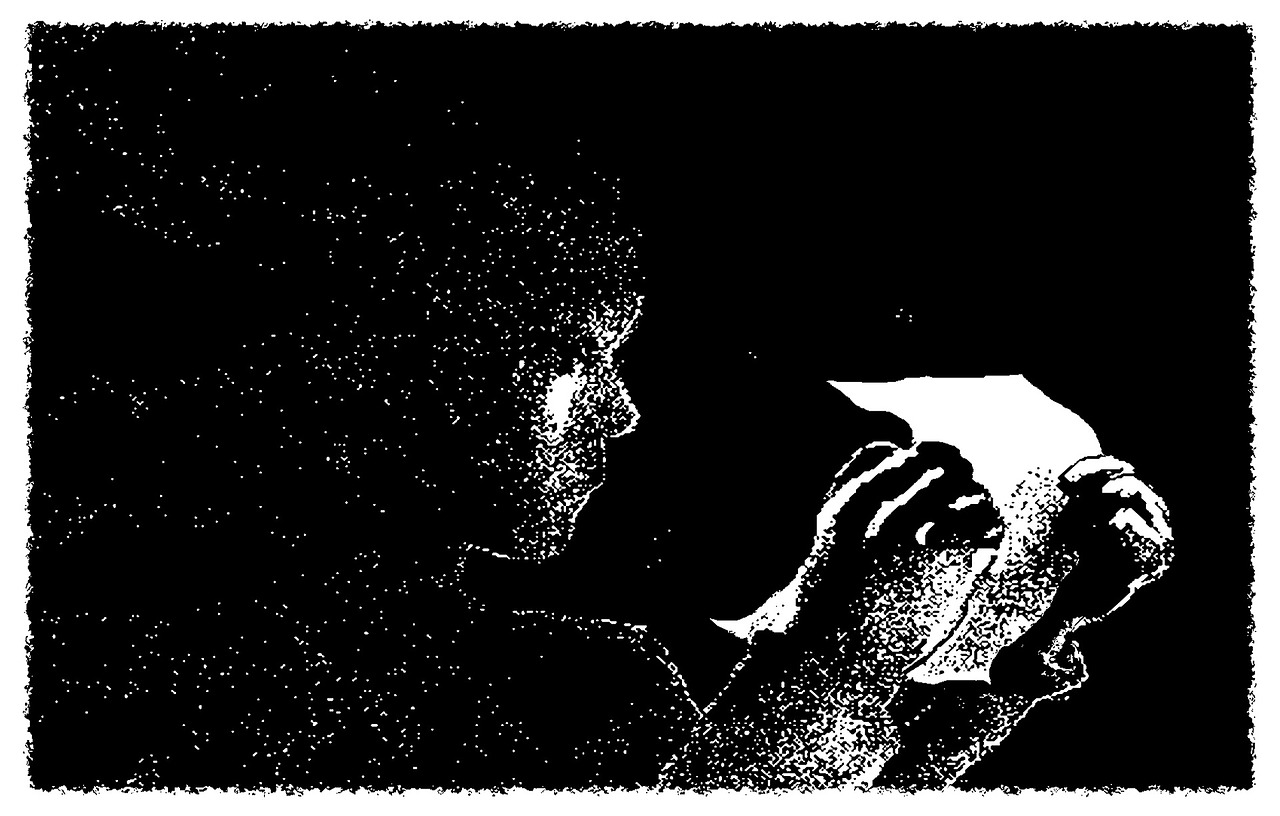
July 22, 2019, by lqxkt9
Winner of the 2nd Prize of the Enquire Blog Post Competition 2019: Renelle McGlacken-Having Conversations with the Past and the Present: Visiting an Archive
Near the end of 2018, I made the long trip down to Brighton from Nottingham. Was my visit borne from a longing for the sea after a year living in The Midlands? No, this was strictly business (and Storm ‘Diana’ made sure that any seaside fun I planned was at my own peril). I was there to visit The Keep, an archive based at the University of Sussex from which The Mass Observation Project (MOP), my PhD research database, continues its mission of ‘recording everyday life in Britain’.
The MOP sends out three ‘Directives’ a year to its voluntary panel of respondents, or ‘Mass Observers’, across the UK, asking them to write on a particular topic and send their responses to The Keep. My research looks at how Mass Observers understand animal research and I’d visited to make copies of the postal responses to a 2016 Directive, commissioned by the University of Nottingham, entitled ‘Using Animals in Research’. But, having gone all that way, I thought I’d make the most of the visit and planned to flick through two other boxes of responses to Directives on related topics, ‘Staying Well and Everyday Life’ and ‘Animals and Humans’.
I began with the 1998 Directive ‘Staying Well and Everyday Life’ and, in plunging into the largely hand-written responses, I was struck by the prominence of social understandings of health and illness. In writing, Mass Observers often deliberated on the roles that environment, finances, work (both paid and unpaid), and social networks can play in maintaining a ‘healthy’ life. Staying well clearly meant more than one’s medical condition. Reading their responses twenty years later, it dawned on me that some of the people behind such writing had now likely died. How did the future shape up for those who were entering their ‘golden years’ in good health but with anxieties around ageing? It was certainly a strange and sombre feeling to think of those who pondered on growing old, as now voices from the past and no longer part of the conversation. It made me think of my Nan and what her vision of getting old was before being diagnosed with Alzheimer’s and losing control over her later years.
Before dwelling too much on ‘the end’ and damaging the documents with my blubbing, I returned the folders on ‘Staying Well and Everyday Life’ to their box and requested the 2009 Directive on ‘Animals and Humans’. With the first Directive still in my mind, it was interesting to see how Mass Observers made connections between interspecies relations and human health and wellbeing. Animals were discussed as enhancing human life, dogs offered ‘unconditional love’ and, unlike humans, did not hide their feelings, and seeing animals in zoos evoked negative feelings. One hoped that a dog would visit them if they were ever placed in a nursing home, with this interaction regarded as therapeutic. Losing a companion animal and the trauma that being present at the ending of their life can cause raised a complicated parallel in my mind with another Observer’s response to the ‘Staying well and Everyday Life’ Directive, as they recollected witnessing an Aunt die of cancer and bitterly reflected on the lack of euthanasia as an option for human patients. Others mentioned their plans to leave donations for animal-specific charities in their will.
Some wrote about ‘meeting’ animals and ‘making friends’ with them. This bestowing of agency at times went beyond the traditional confines of relationships between humans and ‘domesticated’ animals, as one Mass Observer illustrated in their fondness for ‘talking’ to cattle when going on a walk, with the cattle ‘listening’. Yet the pleasures associated with interspecies relations didn’t always transcend species boundaries, with snakes, for instance, being an object of fear with their silence and unknowability. I thought on the inconsistency characteristic to MOP writing and how this is perhaps particularly visible in writing about animals, given their shifting and often conflicting roles and representations. Such a complex landscape can mean that strong stances against animal cruelty often butt up against contingencies, revealing those species whose positions are more precarious in our ethical frameworks.
Though, ultimately, my short time at The Keep emphasised the importance of reflecting on my position as a reader and a researcher. As a researcher my purpose is not to act as a conduit for my participants, I acknowledge how much I mediate their words. Being affected by the material in ways which made me smile, feel sad, raise an eyebrow, or roll my eyes is fine; it is part of the research process. Of course, Mass Observers themselves commonly acknowledge their own inconsistencies and the intimacy of the MOP writing process encourages their reflexivity. Then, in reading the responses it is imperative to be reflexive too, and as I read, I heard their voices and also my own internal reply. So, at home-time, closing the folder and handing it back felt like ending all of these conversations I’d been having throughout the day. With the level of detail and candidness in MOP writing, I came away from The Keep feeling appreciative and, in some way, connected to those observers I’d ‘encountered’. Thinking of their voices sitting on a shelf, I left hoping that someone else returns to pick up the conversation.
Renelle McGlacken, (PhD Candidate, University of Nottingham)
Email: Renelle.McGlacken@nottingham.ac.uk
No comments yet, fill out a comment to be the first

Leave a Reply